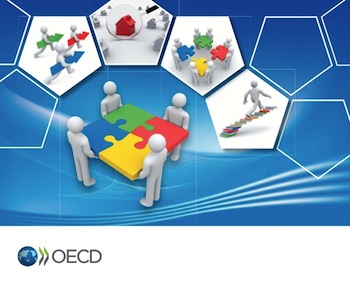CLN Coordinators from across Scotland will gather together in early December for a national network meeting in Aberdeen.
Serious Play – 4th December
The ‘Serious Play’ event provides an opportunity to explore the interface between creativity, play and learning with professionals from Education, Early Years, Family and Community Learning, Arts and Culture and Outdoor Learning.
Keynote speaker Chiqui Gonzalez, Minister of Innovation and Culture, Santa Fe, Argentina will give a keynote presentation on her work, championing shared family learning through cultural activity.
The conference will enable participants to share theory and practice and to engage with a range of seminars and participatory activities.
During the day, NCLN members will meet with Joan Parr and Petrea Cooney from Creative Scotland for an update and conversation on the new Creative Learning Plan which is currently in development and will supersede the Education and the Arts, Culture and Creativity: An Action Plan.
Creativity and Self-Evaluation – 5th December
Ros Sutherland from City of Edinburgh Council will lead a session on self-evaluation and how we can use it to continually reflect on and improve our practice. Through conversation and practical activities the group will explore and discuss:
· Is self-evaluation a bureaucratic process or can it be creative?
· How can we keep things simple when self-evaluation frameworks seem so complicated?
· What are we evaluating?
· What forms can evidence take and how should it be presented to senior managers, funders, and target audiences?
· Can the NCLN lead the way, demonstrating that self-evaluation and creativity do go together?
National Creative Learning Network
The NCLN is a community of practice which has a leadership role in championing and advocating creativity in both formal and informal learning contexts; it consists of the group of coordinators leading the CLN for each local authority.




